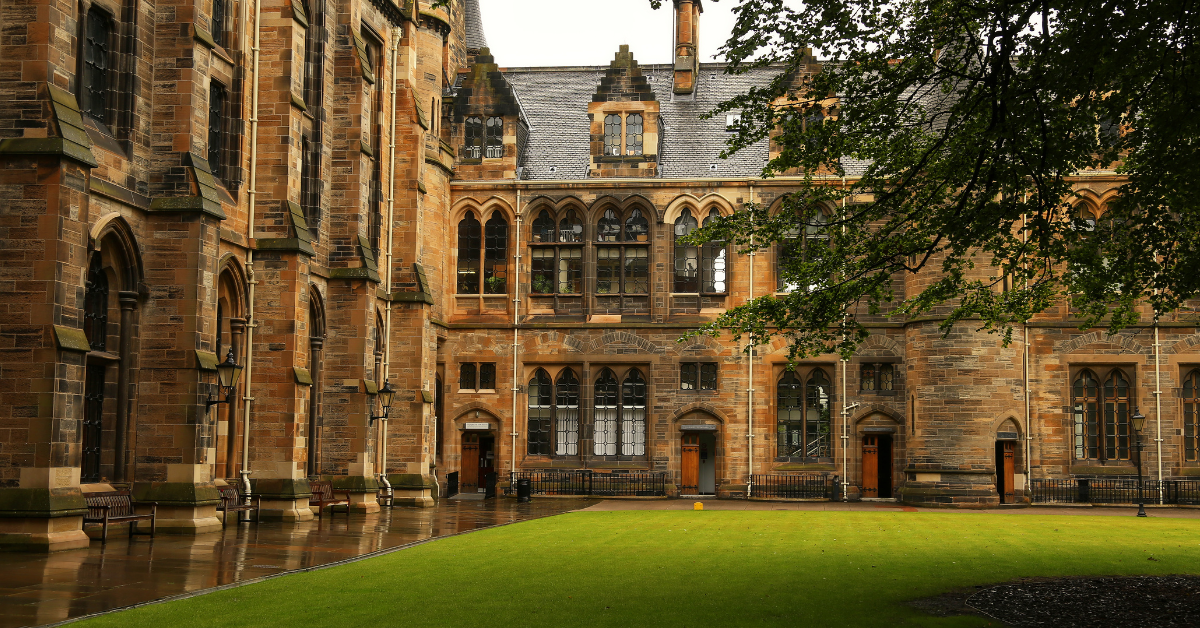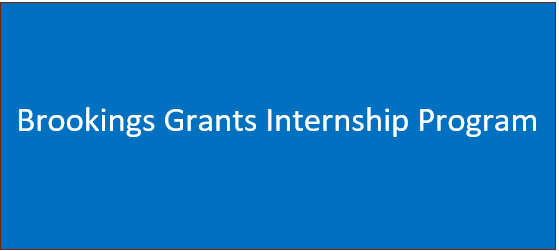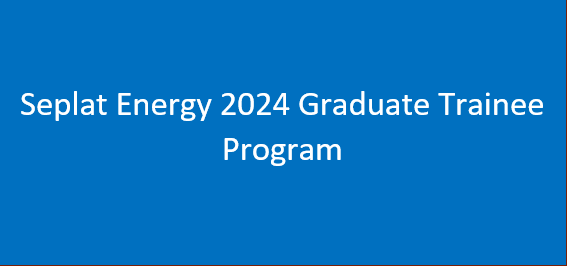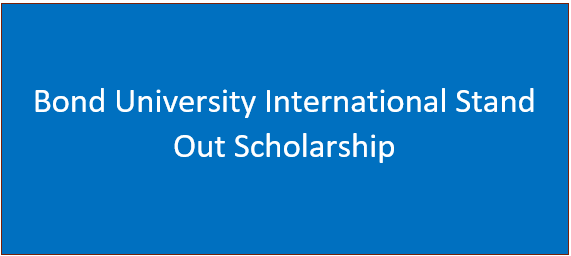The University of Glasgow acceptance rate for undergraduate programs varies annually, ranging from 65% to 75%. The university receives over 30,000 applications annually, with 20,000 coming from the UK. Glasgow is a competitive institution, particularly for subjects like medicine, law, and business, which can have lower acceptance rates. The university considers academic achievement, personal statements, and reference letters when reviewing applications, aiming for well-rounded students.
International students often face lower acceptance rates compared to UK students. The university has seen a steady increase in applications over the last decade, resulting in higher selectivity. The university’s increasing popularity has contributed to higher selectivity and slightly lower acceptance rates in recent years. The university’s acceptance rate is a testament to its competitive nature and the need for well-rounded students to contribute to university life.
In this blog post, we’ll delve into the acceptance rates of postgraduate taught and research programs at the University of Glasgow, providing insights into the most and least competitive programs, as well as those with the highest and lowest application numbers.
University of glasgow acceptance rate
Postgraduate Taught Programs:
- Most Competitive Programs:
- MSc (DentSci) Oral and Maxillofacial Surgery: 7.5%
- MSc (DentSci) Endodontics: 8.6%
- MSc Creative Industries and Cultural Policy: 14%
- Least Competitive Programs:
- PgCert Child Health: 96%
- MSc Medieval History: 94%
- CPD Teaching English for Academic Purposes: 92%
- Programs with the Most and Fewest Applications:
- Most Applications: MSc Educational Studies (1483), MSc International Strategic Marketing (1434)
- Fewest Applications: MEd Academic Practice, PgCert Into Headship, PgCert Healthcare Chaplaincy (all 15 applications)
Postgraduate Research Programs:
- Most Competitive Programs:
- MRes Translational Medicine: 7.7%
- MRES Economics: 32%
- MRES Advanced Statistics: 37%
- Least Competitive Programs:
- MRES Public Policy Research: 89%
- MRes Biomedical Sciences: 82%
- MRES Human Rights and International Politics: 80%
- Programs with the Most and Fewest Applications:
- Most Applications: MRes Economics (303), MRes Biomedical Sciences (140)
- Fewest Applications: MRes Global Security (18), MRes Public Policy Research (19)
Admission Requirements and Process
Academic Qualifications:
• Requires an undergraduate degree or equivalent from a recognized institution.
• Requires proof of English language proficiency for non-native English speakers.
• Acceptable language tests include IELTS, TOEFL, or equivalent.
• Requires letters of recommendation from academic or professional references.
• Personal Statement: Outlines academic and professional background, research interests, and reasons for pursuing the program.
• Curriculum Vitae or Resume: Highlights relevant academic and professional experiences.
An interview may be required for certain programs or scholarships.
Application Process:
• Program Selection: identifies the specific postgraduate program and meets eligibility criteria.
• Online Application: Complete the online application form on the University of Glasgow’s official website.
• Application Fee: Pays the applicable fee.
• Submission of supporting documents: upload transcripts, proof of English proficiency, letters of recommendation, personal statement, and CV.
• Review and Decision: The admissions team reviews the application.
• Acceptance and Enrollment: Follow the instructions provided for acceptance and enrollment.
Academic Programs Offered
1. College of Arts:
- Archaeology
- Celtic and Gaelic
- Classics
- Comparative Literature
- Creative Writing
- English Language and Linguistics
- Film and Television Studies
- History of Art
- Music
- Philosophy
- Scottish Literature
- Theater Studies
2. College of Science and Engineering:
- Aerospace Engineering
- Biochemistry
- Chemistry
- Computing Science
- Electronics and Electrical Engineering
- Environmental Science
- Mathematics
- Physics and Astronomy
- Statistics
3. Adam Smith Business School:
- Accounting and Finance
- Business and Management
- Economics
- International Business and Entrepreneurship
- Marketing
- Real Estate
- Supply Chain Management
4. College of Medical, Veterinary, and Life Sciences:
- Anatomy
- Biomedical Sciences
- Dentistry
- Medicine
- Nursing
- Physiology
- Veterinary Medicine
5. College of Social Sciences:
- Central and East European Studies
- Education
- Politics
- Psychology
- Sociology
- Social Work
6. College of MVLS—Institute of Health and Wellbeing:
- Public Health
- Health Informatics
- Health Technology Assessment
7. School of Interdisciplinary Studies:
- Digital Media and Information Studies
- Urban Studies
- Sustainable Development
- Global Security
8. School of Law:
- Law
- Intellectual Property and the Digital Economy
9. School of Education:
- Adult and Continuing Education
- Children’s Literature
- Inclusive Education
- Teaching English to Speakers of Other Languages (TESOL)
10. School of Critical Studies:
- Creative Writing
- Fantasy Literature
11. Graduate School:
- Research programs leading to Master of Philosophy (MPhil) and Doctor of Philosophy (Ph.D.) degrees in various disciplines.
Tuition and Cost of Attendance
- Undergraduate Programs:
- For students from Scotland and the rest of the UK, tuition fees are typically lower, and students may be eligible for government funding.
- For international students, tuition fees vary by program and can range from around £15,000 to £30,000 per year.
- Postgraduate Programs:
- Tuition fees for postgraduate programs can vary widely based on the specific program. International students generally pay higher fees than UK and EU students.
- Postgraduate research programs may have different fee structures than teaching programs.
Cost of Living:
In addition to tuition fees, students also need to consider the cost of living. The estimated cost of living in Glasgow can vary based on factors such as accommodation choices, lifestyle, and personal spending habits. As of the last update in 2022, a rough estimate for the cost of living in Glasgow is around £9,000 to £12,000 per year.
Additional Expenses:
- Accommodation:
- The cost of accommodation can vary based on whether you choose university-provided housing, private rentals, or shared accommodation.
- Books and Supplies:
- Budget for textbooks, stationery, and other academic supplies.
- Health Insurance:
- International students may be required to have health insurance. The UK has the National Health Service (NHS), but additional coverage may be necessary.
- Transportation:
- Budget for public transportation or personal transportation expenses.
- Personal Expenses:
- Consider expenses for food, entertainment, and other personal items.
Financial Support and Scholarships:
The University of Glasgow offers various scholarships and financial aid options for eligible students. These can include merit-based scholarships, need-based grants, and specific scholarships for international students.
Important Tips:
- Check official sources:
- Visit the official University of Glasgow website or contact the admissions office for the most accurate and detailed information regarding tuition fees and the cost of living.
- Explore scholarship opportunities:
- Investigate scholarship options provided by the university, external organizations, or government sources.
- Plan and budget:
- Create a comprehensive budget that includes tuition, accommodation, and living expenses to better plan for your financial needs during your studies.
The University of Glasgow is a prestigious institution offering lots of academic programs across various disciplines. Prospective students can choose from a variety of disciplines, allowing them to tailor their education to their specific interests and career goals. The admissions process involves meeting academic qualifications, and English language proficiency standards, and submitting relevant documents. Students should thoroughly review program-specific requirements and deadlines to enhance their chances of a successful application.
The financial aspects of studying at the University of Glasgow are crucial, considering tuition fees, accommodation costs, living expenses, and potential additional expenses. Exploring scholarship opportunities and planning a comprehensive budget can significantly aid in financial preparation.
Choosing the right university is a significant decision that shapes an individual’s academic and professional journey. The University of Glasgow, with its rich history, diverse academic offerings, and commitment to excellence, presents an attractive option for students seeking a top-tier education. Prospective students should engage with the university’s resources, connect with current students, and explore the vibrant city of Glasgow to gain a holistic understanding of the university’s offerings. Success in academic pursuits is a collaborative effort between students, faculty, and the academic community.



